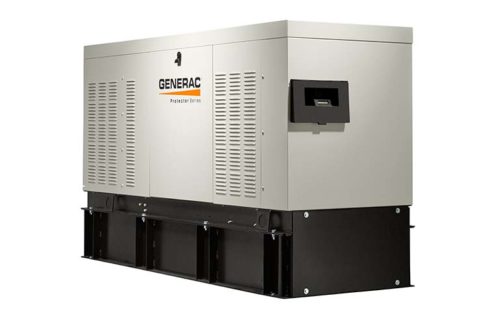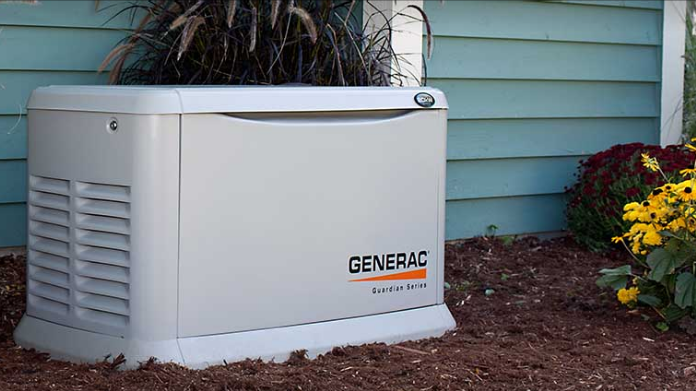There are a variety of standby generator fuel options. It’s essential to have a standby generator. Especially if your business or livelihood depends upon the availability of electricity especially in this online connected world. The grid isn’t always reliable especially during disasters where electricity may not be available for days on end. There are many types of standby generators such as small and basic to large and heavy-duty. Generators are also classified by what standby generator fuel they use and each have their own advantages and disadvantages. What will it be?
Stand by Emergency Generator Fuel Options to Choose From
Standby generator fuel options can vary. They can be fueled by diesel, propane and natural gas. But there are models that can be powered by all three. This is now fairly common. The question then boils down to what type of fuel is best, considering the factors of availability, cost, efficiency and the environment.
Propane
If you’re worried about the environment, the Propane generator type is for you. Propane burns cleanly meaning that it is more compliant with emission especially in some states. Propane has a longer shelf-life, is easily stored in tanks, and propane-dedicated units run quieter than other generators.
The problems with propane include fuel storage, wherein larger tanks will look unsightly in small homes and pressurized cylinders can be a hazard. As for the generator itself, propane-powered generators are more complex, requiring specialized maintenance. The standby generator fuel to consumption ratio for propane is three times higher compared to diesel. So if you or your state/community is more concerned about the environment, propane would be better suited for you.
Natural Gas
In the United States, natural gas is as indispensable as water and electricity. It is mostly tied to utility grids so it’s readily available in case the electricity isn’t. Like propane, natural gas also burns cleanly and runs quietly. Pipeline gas, however, is not available everywhere. It may also be subject to be cut whenever disaster strikes. Thus, leaving you no option for emergency power if this is your sole source of fuel. Fuel consumption ratio is also similar to propane. But unlike propane, there’s no storage involved if the gas comes from the pipeline.
Diesel
Unlike gasoline, natural gas and propane, diesel is perhaps the safest fuel source available for your generator set. This is because it’s the least flammable. Diesel is also the most easily obtainable because it’s available in all gas stations and can be stored for 18-24 months. Diesel is also best for higher load requirements if your home or business runs on a higher amount of electricity. Best of all, diesel is cheap and diesel-run generators have lower maintenance costs.

Efficiency-wise, diesel has a higher energy density than natural gas or propane meaning, higher output for less fuel. But because diesel engines run better on higher loads, diesel generators are not recommended for small energy needs. Overall, it’s a short shelf-life. It also goes against storing the fuel for long periods. There’s also the emission problem, which is higher. This is compared to propane and natural gas. And then there’s the higher noise levels. When it comes to cost and efficiency, diesel is first, followed by propane and natural gas.
However, these are just the basics when it comes to stand by generator fuels: diesel, propane tank or natural gas… one or more generators or choose a hybrid. Consider where you live, how often the power goes out, how much power do you need and how much are you willing to spend.
